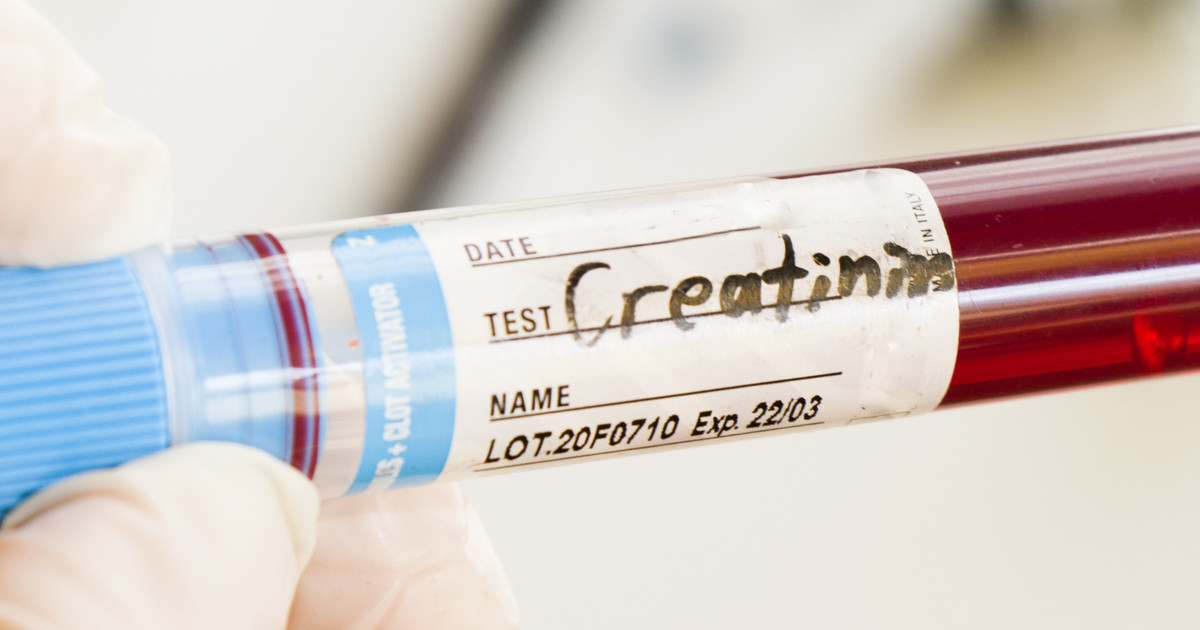Blood-Test Breakdowns That Could Make You The Sherlock Holmes of Hematology
7. Renal Profiling

Renal profiling, sometimes referred to as a renal panel, is a type of blood chemistry test. This hematology test examines the levels of blood urea nitrogen and creatinine, both of which are crucial in kidney function. Renal profiling will provide doctors with an accurate idea of how well a patient's kidneys are functioning. This test is typically performed when doctors are concerned that their patients may have a condition that is affecting their kidneys. For instance, patients with elevated blood urea nitrogen may have kidney damage, kidney disease, or kidney failure. Elevated levels can also indicate dehydration, kidney stones, stroke, or heart attack. Patients may be asked to fast for eight to twelve hours before renal profiling. It is also common to require more than one test if levels are only slightly out of the normal range.
8. Bone Marrow Biopsy

Overall, a bone marrow biopsy is not a common test in that most individuals never get one. However, it is a common test for hematologists, as they conduct them fairly frequently. This test involves taking a sample of the patient's bone marrow for examination. In it, a healthcare professional will insert a small needle into a large bone and draw bone marrow into the needle. They will give this sample to the lab, where it is thoroughly analyzed. Bone marrow biopsies can confirm various diseases, including anemia, abnormal clotting or bleeding issues, and various forms of cancer. The types of cancer this test can help diagnose include multiple myeloma, leukemia, and lymphoma. A bone marrow biopsy can also detect if another type of cancer has spread to the patient's bone marrow from another part of their body.
